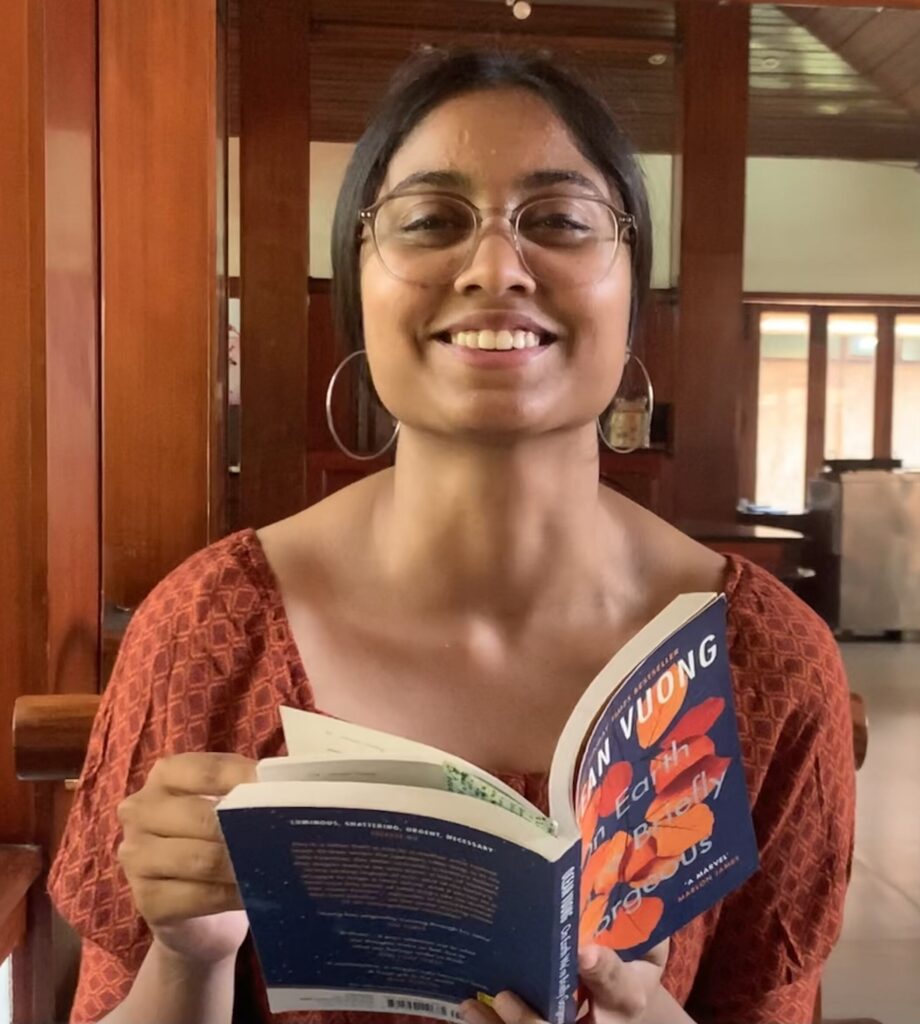Volume 13 Issues 10 October, 2023

JSS Medical College, Mysore
Sexual abuse and violence —an epidemic, often whispered about in the shadows, masked by society’s silence— has plagued humanity since the beginnings of time. It’s all around us, this atrocity : homes, schools, workplaces, and even in public. It is a manifestation of systemically placed, twisted power dynamics in all these spaces. They strip victims of their autonomy, identity, and safety. The statistics are alarming : with an average of 90 rape cases being reported every day in India. However, numbers alone cannot reflect the weight of the trauma that survivors endure.
What makes sexual abuse and violence particularly horrific is its ability to inflict invisible wounds. The scars left behind are not always physical; they often reside in the psyche, in the fractured self-esteem, in the constant questioning of one’s worth, and in the fear that becomes a permanent companion. Survivors frequently fight a never-ending battle. They experience relentless cycles of guilt and shame, wrongly feeling responsible for the violence inflicted upon them. This emotional turmoil is exacerbated by societal stigma, which perpetuates victim-blaming narratives and discourages survivors from coming forward.
A safe space must be created to challenge red flags that we witness everyday, everywhere— from casual misogyny in conversations, to the unchecked power dynamics in our institutions. We must remember to hold the monsters accountable—not only in courts but also within communities, workplaces, and social groups.
Society plays a pivotal role in nurturing this culture of silence, in multiple ways. As a community, we still hold onto archaic notions that view discussions about sex and sexual violence as taboo. Furthermore, our justice system is far from adequate— often failing to deliver true and timely justice to survivors, more concerned with the survivor’s role in allegedly causing this crime to happen. Complaints are frequently dismissed, cases remain unsolved, and perpetrators walk free. The cycle continues because our collective silence has given it permission to.
But change begins with recognizing just how deep-rooted this violence is, just how horrific. Change demands that we question the world when it crosses the line. A safe space must be created to challenge red flags that we witness everyday, everywhere— from casual misogyny in conversations, to the unchecked power dynamics in our institutions. We must remember to hold the monsters accountable—not only in courts but also within communities, workplaces, and social groups. We must reframe the narrative to place responsibility squarely where it belongs — on the abusers, not the abused.
Education plays a crucial, foundational role in this transformation to a better world. Holistic sex education that teaches students about consent, respect, and bodily autonomy is the need of the hour. Children, adolescents, and adults alike must learn to recognize predatory behaviour, understand the lines that must be drawn—and subsequently, one must not cross. They must be empowered to speak up when something feels wrong.
Support systems for survivors must also be fortified. Access to mental health services and resources to help them reclaim their lives should be a societal priority. The healing journey for survivors is rarely linear; it’s filled with moments of strength and fragility, clarity and doubt. As a community, we must do better—by remembering to discuss such issues with sensitivity and thoughtfulness, and helping the survivors, survive again.
Sometimes, the worst happens. Survivors don’t survive. They succumb to the deep wounds, both physical and mental, that have been inflicted on them. And in this country—these women are the majority. They are not survivors, but victims. It’s for these women that we must act NOW. Calls for Judicial reforms must be answered. The need for systemic change must be recognised. All this, to make sure that the worst that could happen will never happen.
India has about 691 million women. But here’s the sickening truth—not one of them has lived a life untainted by the echoes of sexual violence. We’ve grown up hearing stories about the horrors some women have undergone—horrors that end their life before it’s even begun. We shuffle across darker roads, hearts pounding, because we know. Our protection is a myth, our security is our responsibility, our fear is our reality. And if the worst happens—we become a story, just another one whispered in the dark.
We call for change. We stand in solidarity with all the women who became cautionary tales before their story could begin.
We demand justice.

